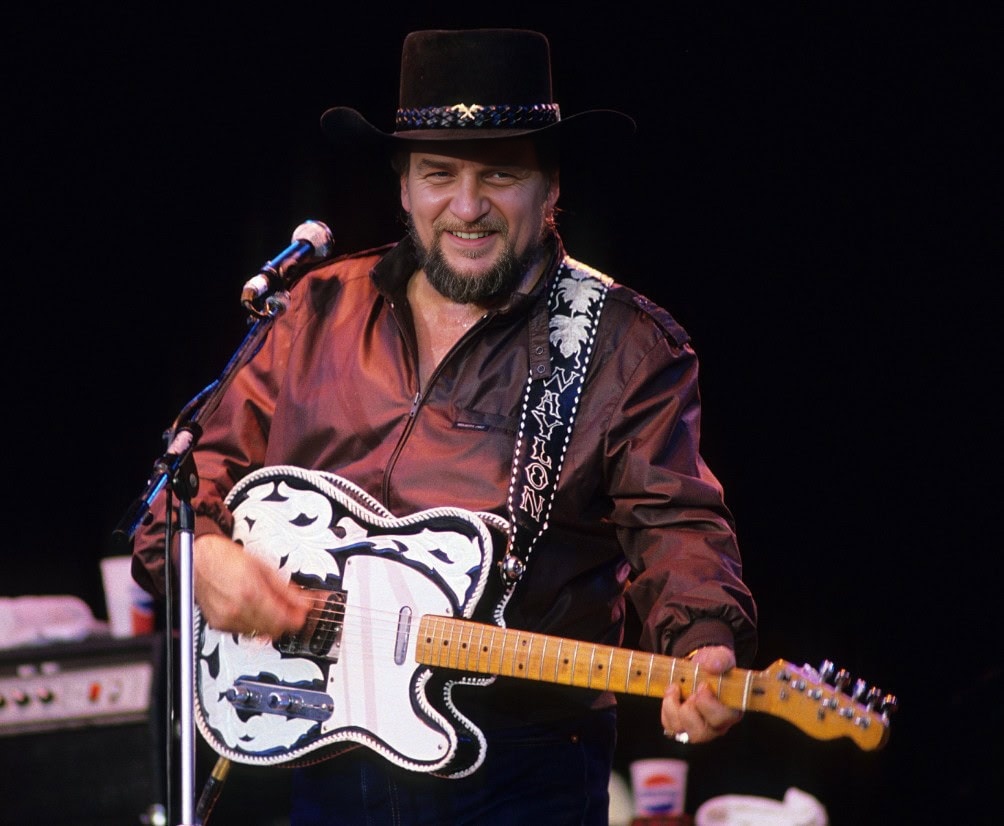
Waylon Jennings, a cornerstone of the outlaw country movement, was a rebel with a cause, challenging the polished Nashville sound of the 1960s and 70s with his raw, honest, and independent spirit. He achieved considerable success throughout his career, scoring numerous number-one hits on the Billboard Hot Country Singles chart, including “Luckenbach, Texas (Back to the Basics of Love)” and “Good Ol’ Boys,” the theme song from the popular television show *The Dukes of Hazzard*. He won a Grammy Award for Best Country Vocal Performance, Duo or Group, for “Mamas Don’t Let Your Babies Grow Up to Be Cowboys” with Willie Nelson. While Jennings often walked a tightrope between mainstream appeal and his renegade ethos, he left an indelible mark on the genre, influencing generations of artists who valued authenticity and artistic freedom.
One of Jennings’ most poignant and enduring recordings is “The Pilgrim, Chapter 33,” often simply referred to as “The Pilgrim,” a song he famously covered alongside Kris Kristofferson. Written by Kristofferson, “The Pilgrim” isn’t a biographical piece about any single person, but rather a rumination on the restless spirit of the wanderer, the seeker of truth, and the individual who lives life on their own terms. It’s a tribute to those who choose to forge their own path, even if that path leads to uncertainty and hardship.
The song resonated deeply with audiences for its melancholic beauty and the universality of its themes. It speaks to the desire for freedom and the search for meaning in a world often defined by conformity. Listeners often praise the song for its lyrical depth, the haunting melody, and the powerful vocal performances of both Jennings and Kristofferson. Many find solace and inspiration in the Pilgrim’s journey, seeing it as a reflection of their own struggles and aspirations. The song’s enduring popularity is a testament to its timeless message and the undeniable talent of both artists.